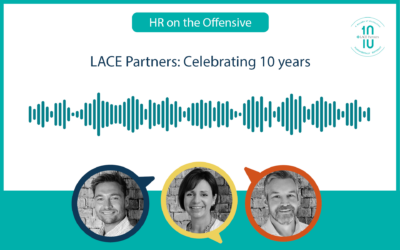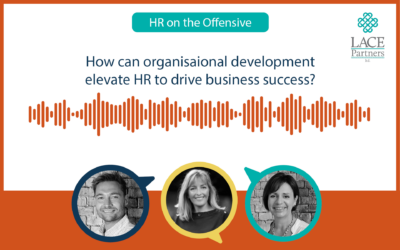In 2016, Pokémon Go took the world by storm, engaging millions of people globally. Almost overnight, streets, parks, museums and more were full of smartphone adventurers hunting down wild critters. But what is it about the app that gripped imaginations so strongly? For that we must look to psychology, and unearth valuable learnings for businesses as we go.
First up, a reminder of what Pokémon Go is, and how it works. Just in case you spent 2016 living under a rock…
Pokémon Go, 101
The app’s tech uses geo-located augmented reality, which accurately maps geographical locations so users can explore environments on their phone and in person – at the same time. You’ll find various Pokémon hidden in their ‘natural’ environments. If you’re by a river, aquatic Pokémon pop up! The aim is to uncover, capture, battle and train these creatures, gaining points and reaching new levels. Safe to say it was a hit: the app was downloaded over 100 million times, and achieved a total revenue of $268M.
Here’s why it worked, and what businesses should know:
It puts the user first
Pokémon Go is incredibly user-centric. It encourages engagement through a captivating blend of real-world experiences and computer-generated imagery.
It’s a short, simple lesson, but a powerful one… When you put people at the centre, you see results.
It taps into nostalgia
Pokémon Go’s focus on storytelling transports many users back to some of the most comforting moments of their childhoods, increasing their willingness to surrender and deepening the sense of immersion. Nostalgia is compelling stuff. Evoking childhood play, Pokémon Go creates a favourable view of the past for the user. Research suggests this nostalgia can help soothe anxiety and depression, and reduce loneliness and isolation by enhancing empathy and social connectedness.
Nostalgia is tough to replicate. But businesses can certainly learn from Pokémon Go’s success in tapping into the inner child. By bringing elements of augmented reality into the working environment, organisations can harness the positive effects of play, boosting individual satisfaction, team cohesiveness, and employee engagement.
It puts people in touch with nature
Many celebrated the way Pokémon Go got people out and about in the great outdoors. Evolutionary psychology teaches us that engaging with the natural environment enhances the brain’s operating ability. This increases cognitive fluency – the ease with which we process information. It’s no wonder countless users enter a state of creative flow when playing with the app.
What are the takeaways for businesses? Most of us have a deep connection to nature that goes back to our earliest years. And us humans associate feelings of comfort with our core survival mechanisms. So when we’re close to people and places that feel familiar, we believe we’re less likely to come to harm. Organisations should consider creating environments that feel familiar and comfortable, to put people at ease so they can perform at their best.
It motivates
It’s well-known: motivation encourages engagement. Pokémon Go’s points and levels system gives users the chance of advancement, providing ongoing opportunities for gratification. The result? People keep playing. Gratification also promotes dopamine release, giving the user a sense of pleasure as they play.
We can apply psychologist B.F. Skinner’s theory of ‘Operant Conditioning’ here. During the game, actions are rewarded, producing reinforcement and leading to repetition. If businesses want to keep their people motivated, they should be offering continuous opportunities for gratification.
It encourages learning
Pokémon Go is all about personal progress, and it spurs users on to achieve even more. We know that self-tracking helps people feel a sense of mastery over their own learning, and this increases target behaviours.
School and university grades are a prime example of self-tracking. But the concept can be applied to the business world, too. Allow people to monitor their own growth, and their desire to progress and perform will deepen. Oh, and their outlook will brighten too.
It gets people active
Last but not least, Pokémon Go encourages physical activity. Users increased their number of daily steps, taking up to 955 more strides each day. Importantly, this activity was also embedded in community and social interaction. It prompted strangers to interact, leading to a shared sense of belonging.
Being and staying active can transform our wellbeing. Businesses should encourage people to get active together, whether that’s a team building exercise or a walk-and-talk meeting. Organisations should also consider making it possible for people to share their personal activities, generating a greater sense of community, and nurturing a positive culture in which people spurr each other on to reach their fitness goals.
So there we have it. When we dig deep into psychology, we discover plenty of reasons for Pokémon Go’s immense success. And plenty of learnings for businesses.
After all this praise, I’ll end with a ‘watchout’. It’s important to remember that Pokémon Go’s success was short-lived. Engagement fizzled out over time, as interest and motivation lessened. This is firm proof that, to truly engage people, you need to keep on your toes, providing new, novel opportunities for growth and reward.
Eve Edmonds MSc, Research Consultant






